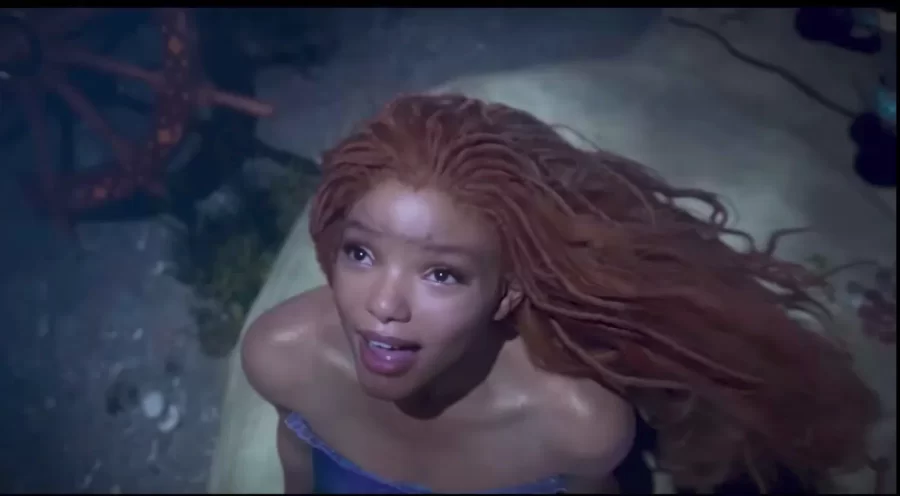The Importance of African American Representation
Tiana from Princess and The Frog, Penny Proud from The Proud Family, Cyborg from Teen Titans, and Miles Morales from Spiderman into The Spiderverse. These are all black characters represented in media and cartoons, characters that black youth did not see enough of growing up. Now black representation is more prominent, but with growing representation comes white people who are not okay with portrayal outside of what they know. Pushing more black representation will open doors for a more accepting behavior towards the black community.
Growing up watching certain things on the TV I realized there are not a lot of well-represented black characters, and when there are they are side characters that fall under harmful black stereotypes or are very whitewashed. For example Ivy Wentz played by Raven Goodwin from Good Luck Charlie who is portrayed as loud and a diva in the show as small as her character was her dramatic personality made a big impact on young black girls, in the show Ivy’s black mother was portrayed as crazy and unhinged or aggressive which is a stereotype a lot of black women face to this day, This “crazy black lady” stereotype also plays into the popular Nickelodeon show Victorious with Andre’s grandma.
Another example being The Winx Club, a very popular kids’ show in the early 2000’s. In one episode a black side character’s hair was struck and left in an afro. The character cries and complains about her natural afro being ugly, as the other non-black characters play with her afro and agree with her statement on her hair. This reaction to natural hair in a cartoon like this can lead young black girls to see their natural hair as something to be ashamed of, or make them think wearing their natural hair will lead to ugly reactions. This is an example of anti-blackness, where people or media throw backlash towards certain natural aspects of black people.
Seeing these stereotypical black characters growing up showed black youth what we should be rather than our own person. When I somehow didn’t fit into those stereotypes I felt insecure, and to others like me I was different or “white-washed” a term used to sometimes describe someone who doesn’t fit into their racial stereotype set and created by white media, or who has traits that are socially considered “white” this term usually being used in a derogatory way against POC (people of color).
With the release of the new Little Mermaid trailer, there has been an issue where people are upset with Ariel being played by Halle Bailey who is a young black actor. This issue has brought up the topic of white people being so used to white representation upset when other people are represented in the media. This problem occurs when white people have seen themselves in certain characters more often the heroic or main character roles that when another race such as black people are represented in main character or heroic roles its productions become “woke” this mindset has led people to believe that media is turning to becoming “fake woke.”
So why is black representation in the media so important? Kelani Butler a Sophomore at Doherty High School expresses, “Personally black representation is important to me because as an African American student I want people to see me outside of a stereotypical black person, who is loud, ghetto, and doesn’t have any respect for others, when in reality i’m my own person.” Outside of the black community seeing POC in children’s shows and in the media allows white people to be more accepting when they run into POC in their daily lives, being taught to be more accepting outside of what their parents think gives children freedom to think for themselves and ultimately will lead to a decrease is micro-aggressions, and racism. Being exposed to something “foreign” allows adaption and change.

